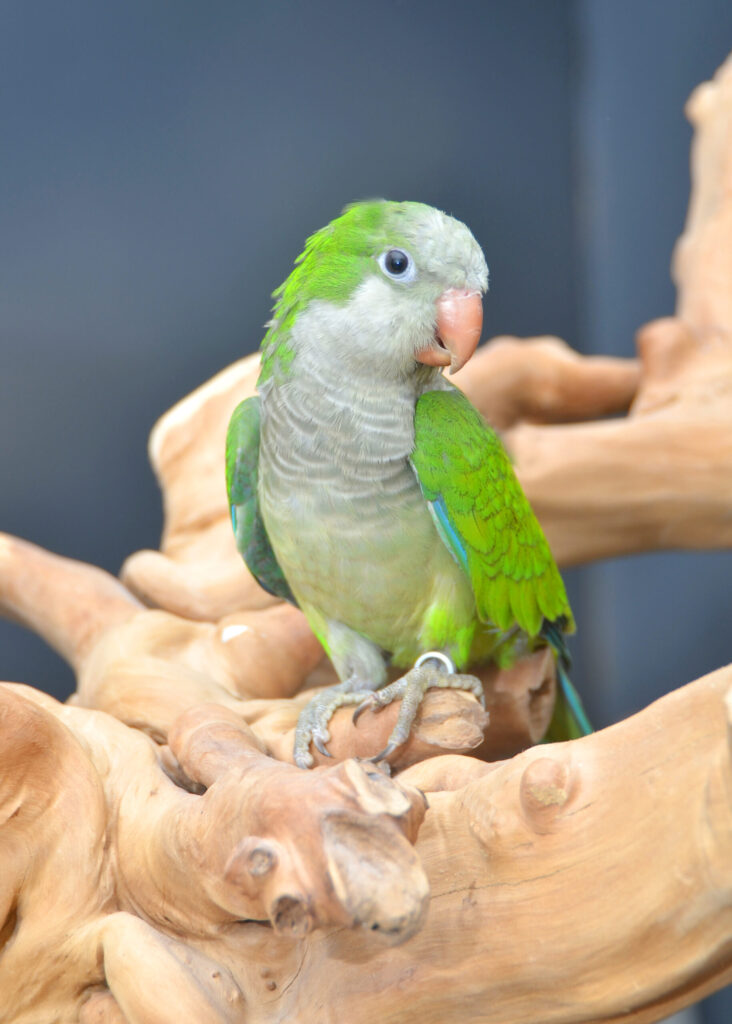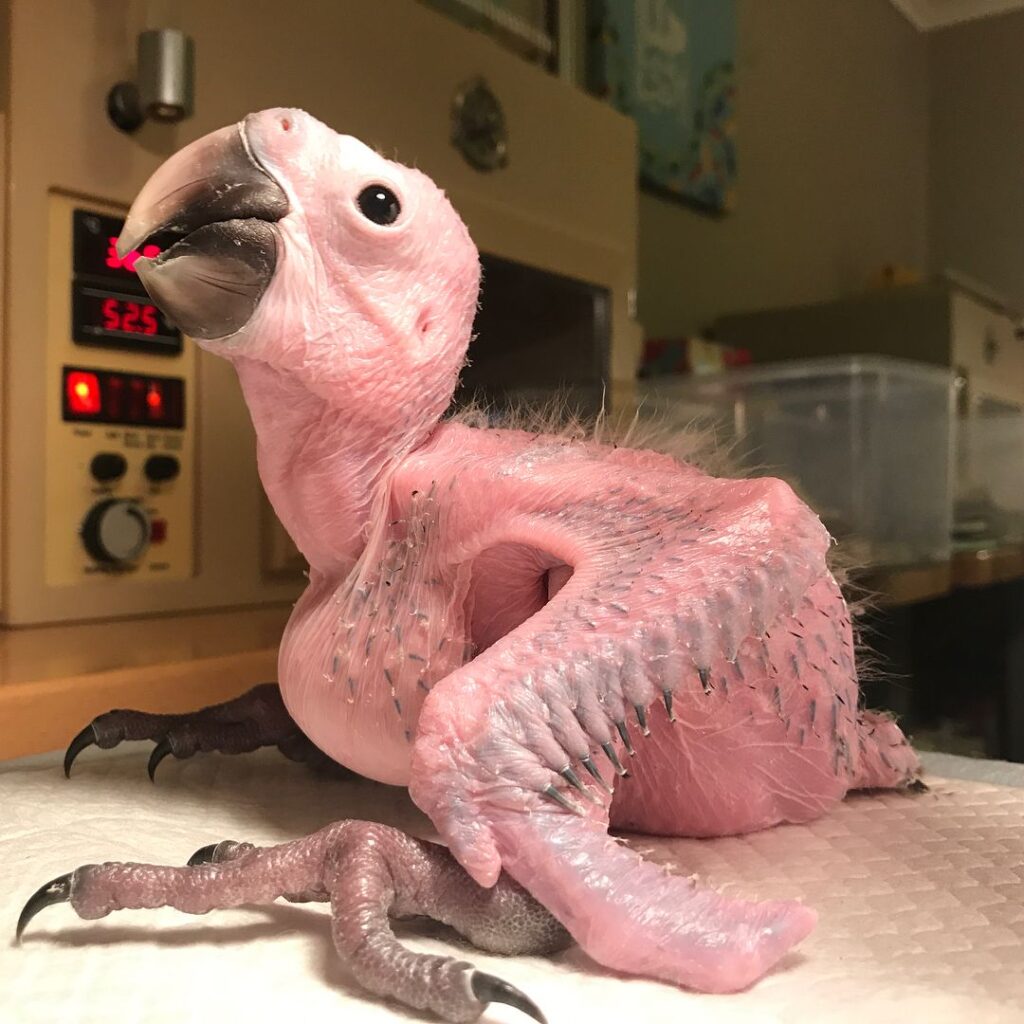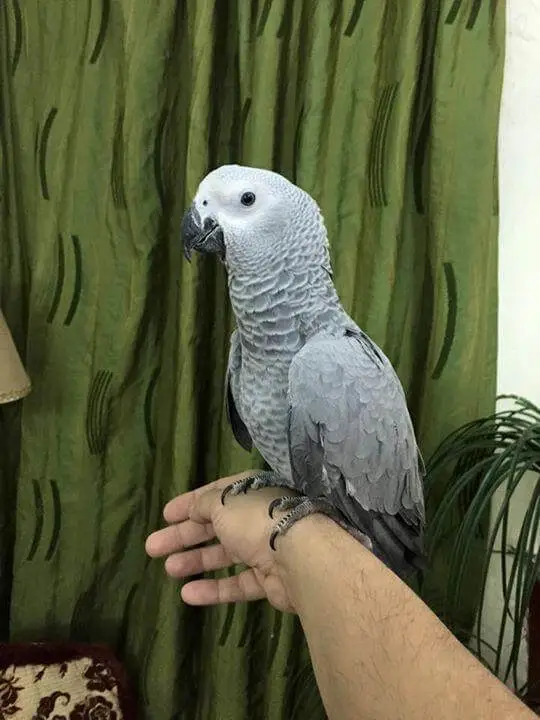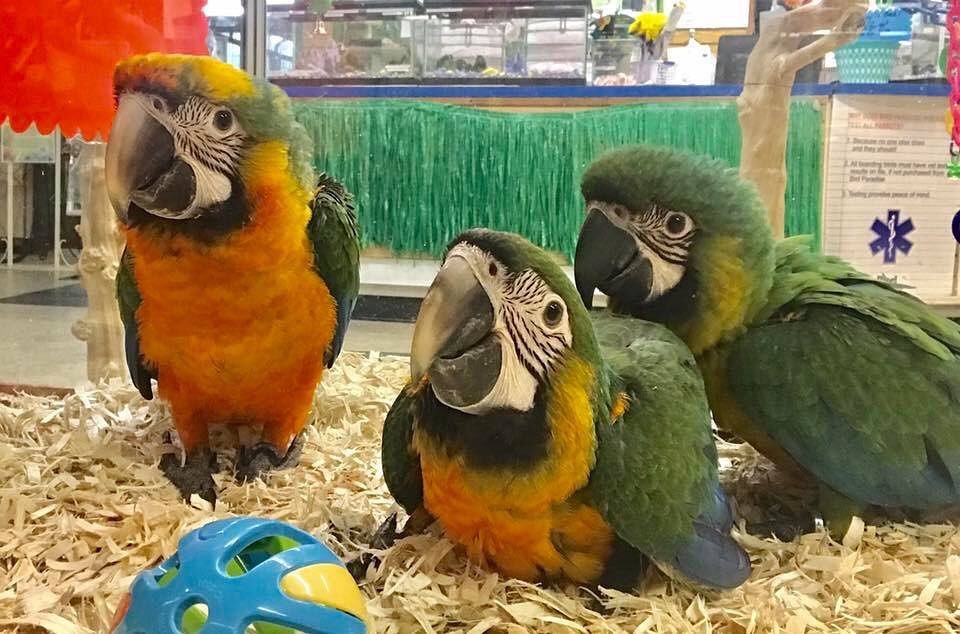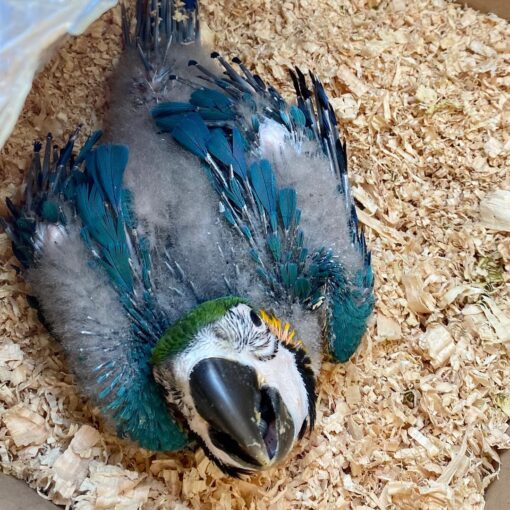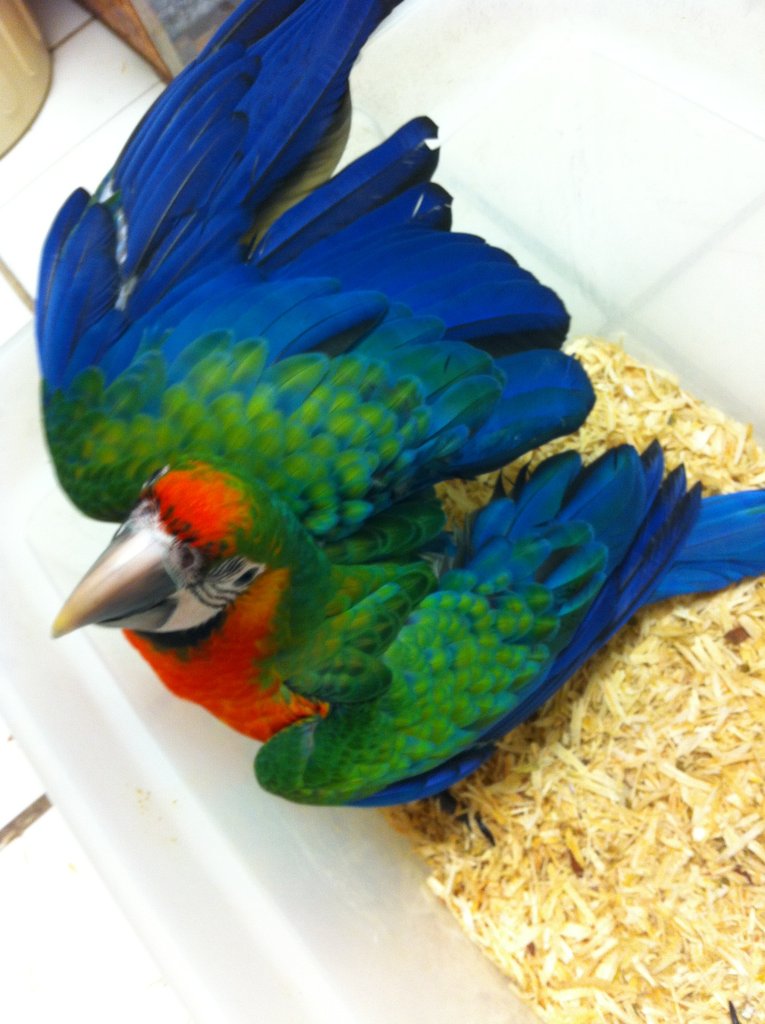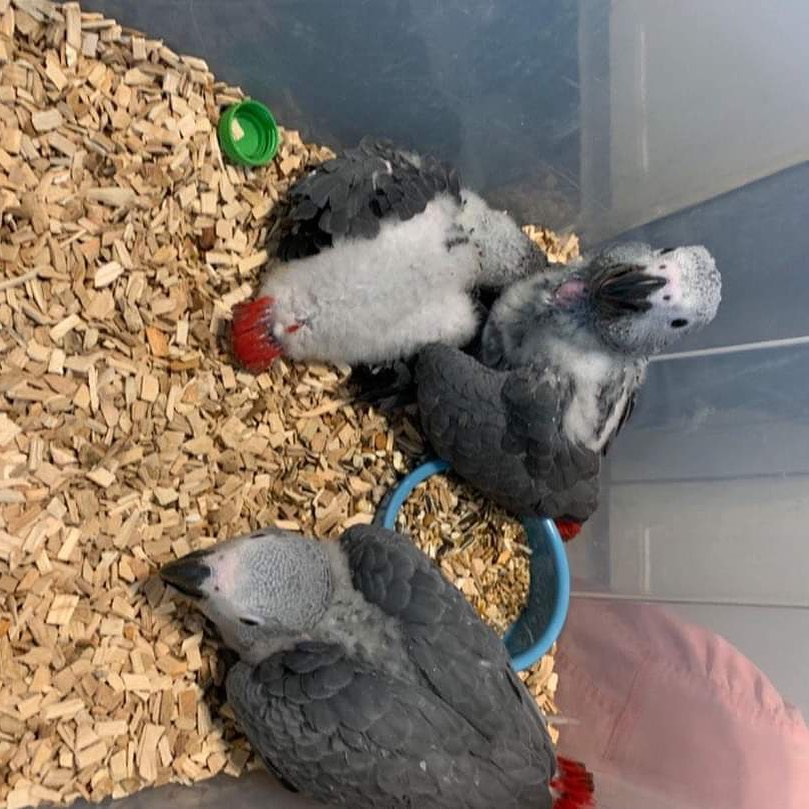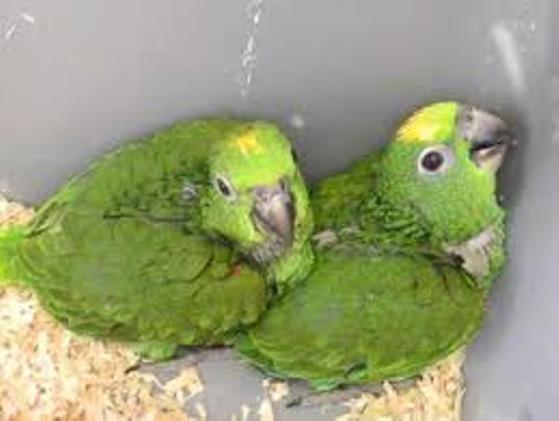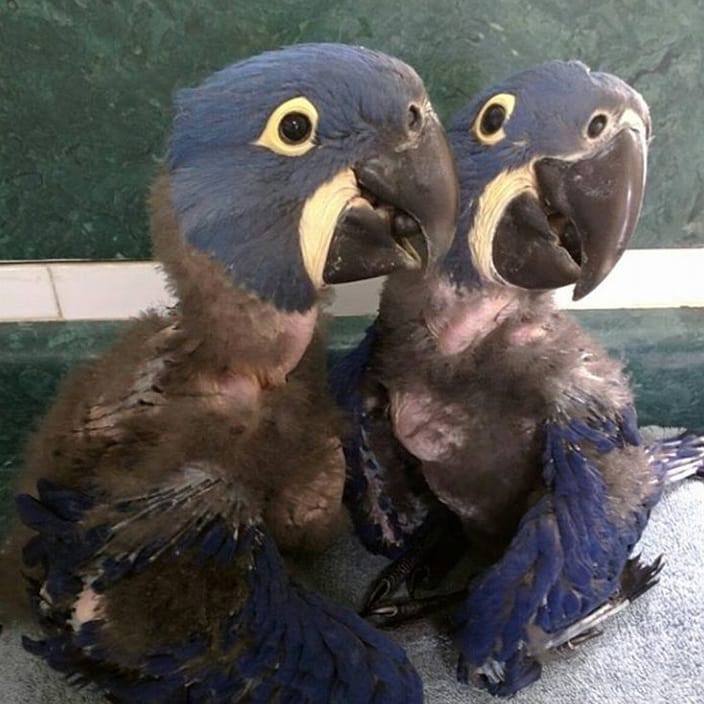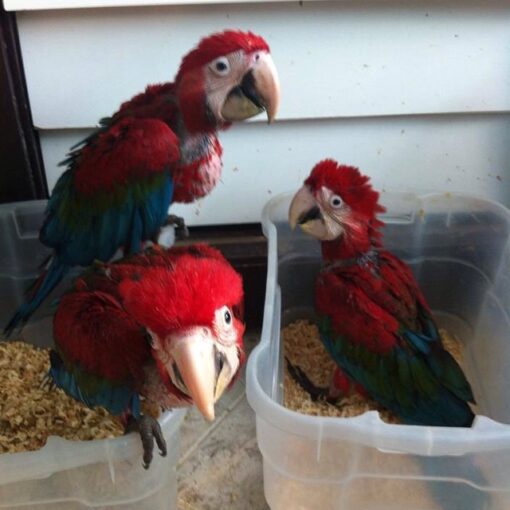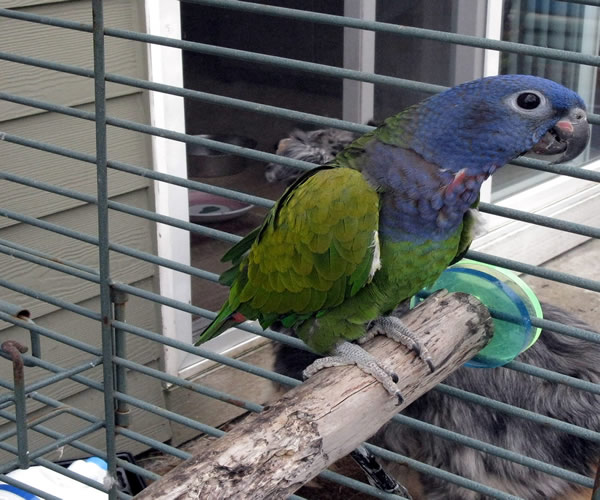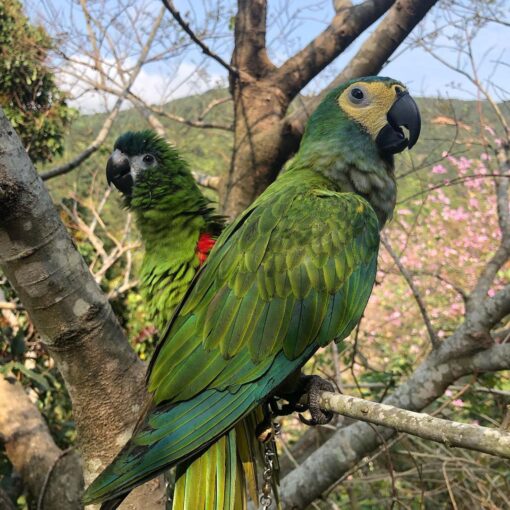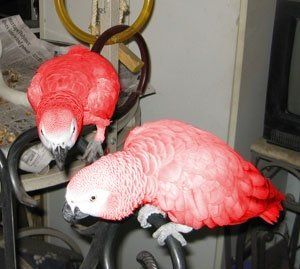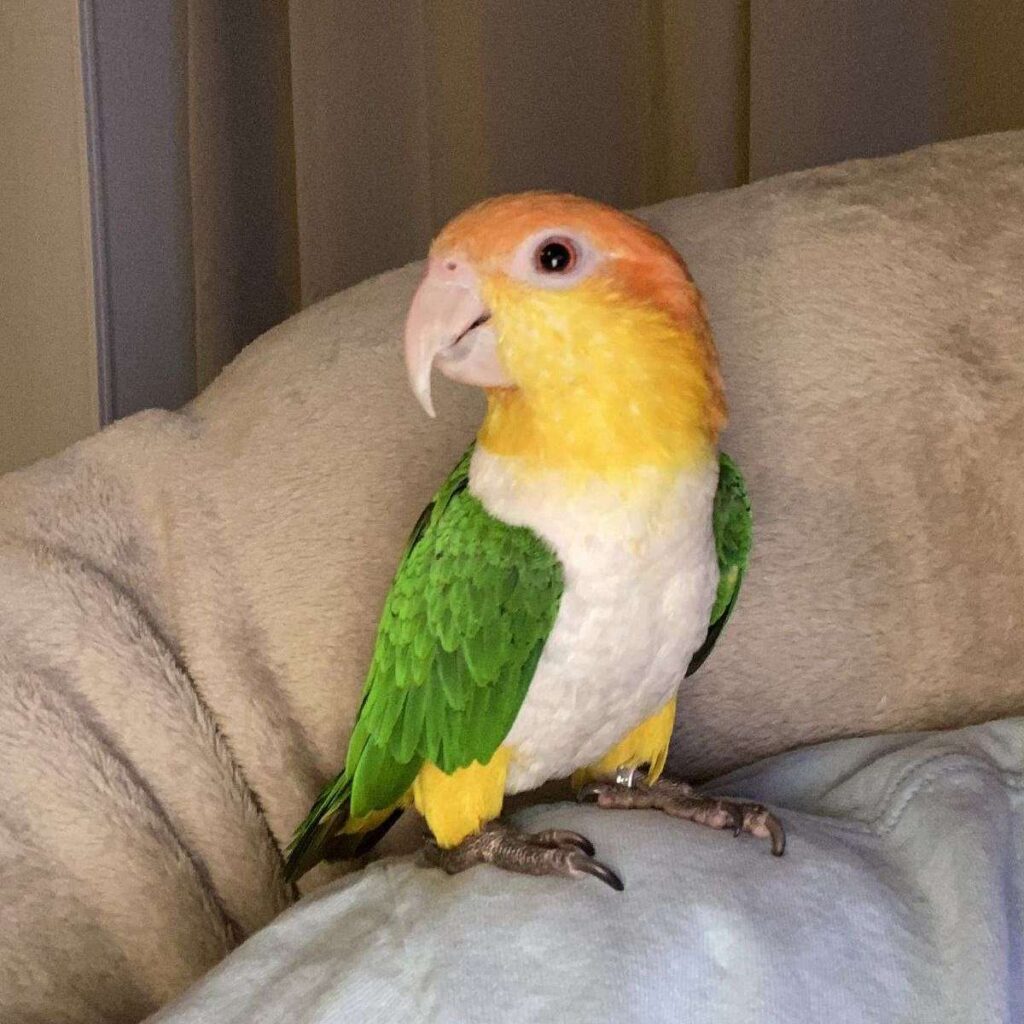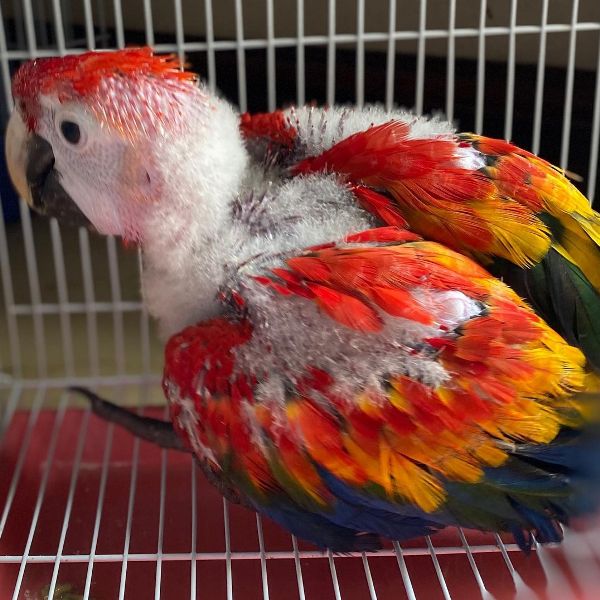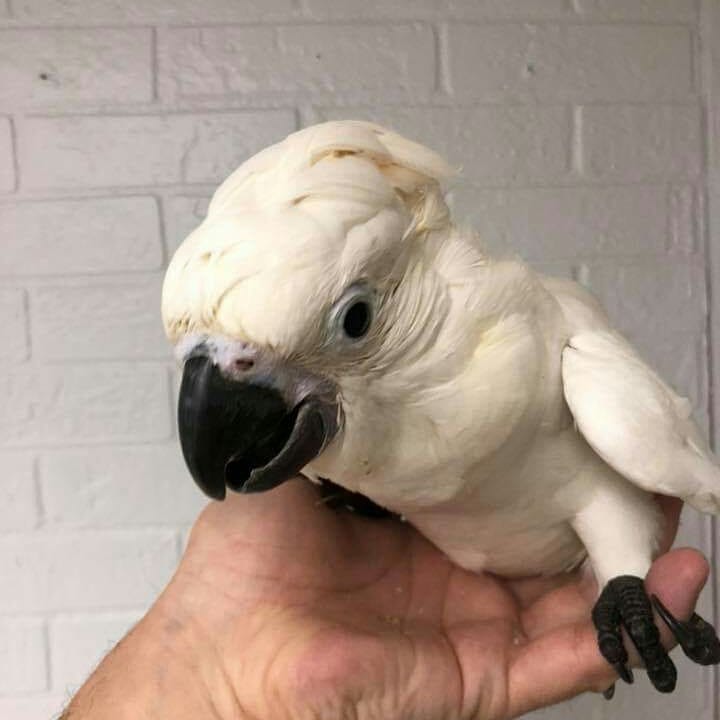Exotic Baby Parrots For Sale
baby parrots require specialized care to ensure they grow into healthy and happy adult birds. From understanding their unique nutritional needs to creating a safe and enriching environment, every step of raising a baby parrot is crucial for its development.
Parrot species, such as the Blue-Throated Macaw and African Grey, often have specific care requirements that differ based on their size and temperament. Baby parrots are fragile and need attention, love, and dedication to thrive.
Preparing the Perfect Environment for Baby Parrots
Creating the right environment is essential for your baby parrot’s well-being. Maintaining the ideal temperature and humidity is critical to their comfort. Their cage should be spacious enough for them to move around and explore safely. Choosing appropriate perches, toys, and accessories encourages physical and mental stimulation, which is key to their growth.
Diet and Nutrition for Baby Parrots
Proper nutrition is vital for baby parrots. These young birds require a nutrient-rich diet that supports their rapid growth. Fresh fruits, vegetables, and specially formulated pellets are excellent choices, but it’s important to avoid harmful foods such as avocado, chocolate, and caffeine, which can be toxic.
Hand-Feeding Baby Parrots
Hand-feeding is often necessary for baby parrots, especially if they are separated from their parents early. This process strengthens the bond between the bird and its caregiver, making them more trusting and sociable. It’s crucial to follow a step-by-step approach to ensure the baby parrot receives the proper nutrition through hand-feeding.
Monitoring the Growth of Baby Parrots
Tracking your baby parrot’s growth is essential for ensuring they are developing properly. Regularly weighing them and observing physical and behavioral milestones will help you identify any potential issues early on.
Health Care and Hygiene for Baby Parrots
Keeping baby parrots healthy involves regular cleaning of their living space and monitoring for any signs of illness. Common health problems include respiratory infections, feather issues, and digestive troubles. Regular vet visits are necessary to ensure they are growing without complications.
Socialization and Bonding with Your Baby Parrot
Building a strong bond with your baby parrot is essential for their emotional and social well-being. Parrots are intelligent and social animals that thrive on interaction with their caregivers. Spending time with your parrot daily, handling them gently, and providing positive reinforcement will help create a strong bond.
Training Baby Parrots
Training young parrots can be an enjoyable experience. Starting with simple commands and gradually moving to more complex tricks keeps the parrot engaged and mentally stimulated. Using positive reinforcement, such as treats and praise, will encourage your baby parrot to learn new behaviors.
Weaning Baby Parrots Off Hand-Feeding
As baby parrots grow, they will need to transition from hand-feeding to solid foods. This weaning process must be gradual and carefully monitored to ensure they receive adequate nutrition during this critical stage.
Addressing Behavioral Issues in Baby Parrots
Baby parrots can sometimes exhibit undesirable behaviors such as biting or screaming. Understanding the root causes of these behaviors and addressing them with patience and positive reinforcement can help correct these issues early on.
Introducing Baby Parrots to Adult Birds
If you have other adult parrots, introducing a baby parrot can be challenging. A gradual introduction, with careful supervision, will help ensure a smooth transition for both the baby and adult birds.
Preparing Baby Parrots for Their Future Homes
For those raising baby parrots with the intention of finding them new homes, it’s essential to prepare them for the transition. This includes providing the new owners with detailed care instructions and a starter kit that includes food, toys, and other essentials.
Frequently Asked Questions (FAQs)
How often should baby parrots be fed? Baby parrots should be fed every few hours, depending on their age and species.
When can I start training my baby parrot? Training can begin as soon as the baby parrot is weaned and comfortable in its environment.
What are the best toys for baby parrots? Safe, chewable toys that encourage exploration and problem-solving are ideal for baby parrots.
How do I know if my baby parrot is sick? Signs of illness include lethargy, loss of appetite, and abnormal droppings.
How can I socialize my baby parrot with other pets? Introduce your baby parrot to other pets gradually, in controlled environments, to ensure their safety.
At what age can baby parrots leave their parents? Most baby parrots can be separated from their parents around 8-12 weeks, depending on the species.
Conclusion
Raising a baby parrot is a rewarding experience that requires dedication, knowledge, and patience. By providing a safe environment, proper nutrition, and regular socialization, you can ensure your baby parrot grows into a healthy, happy bird.

